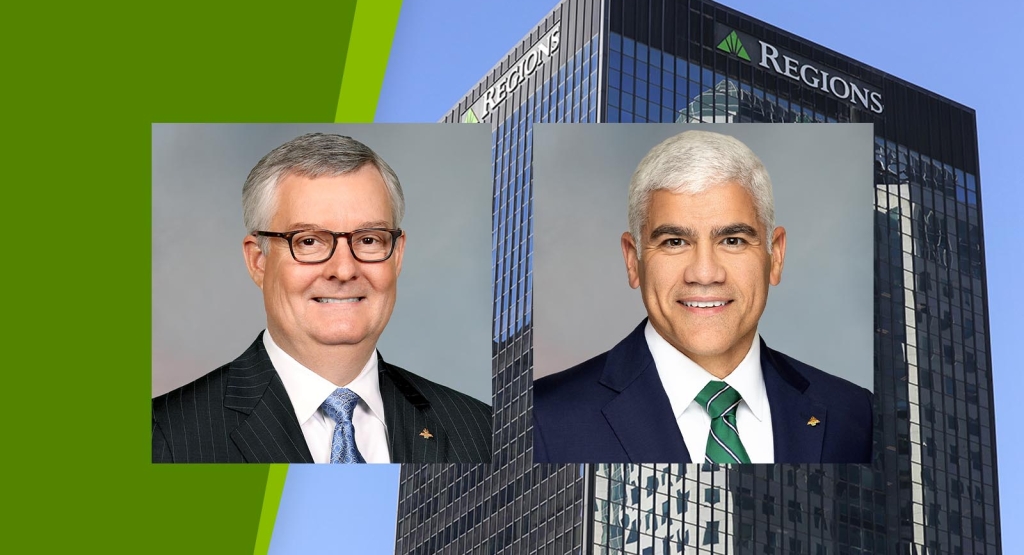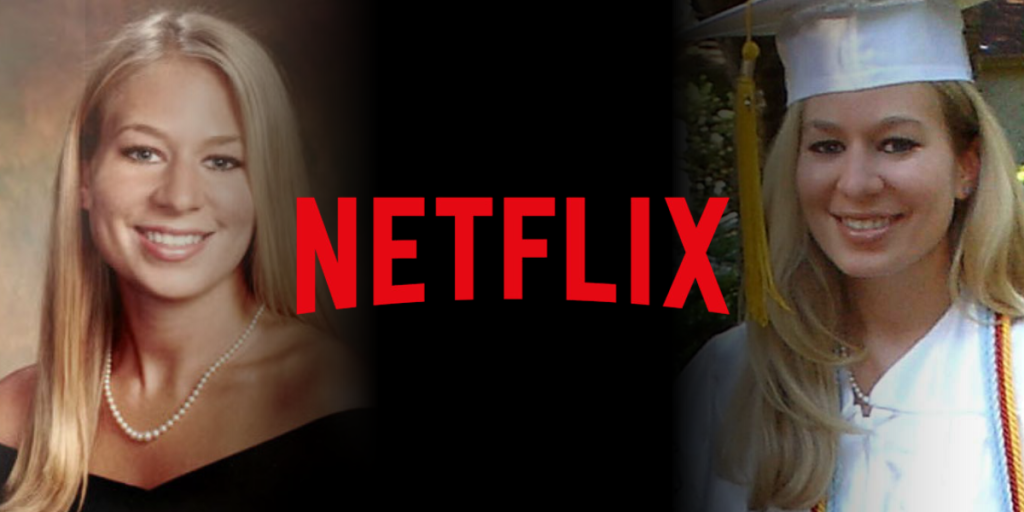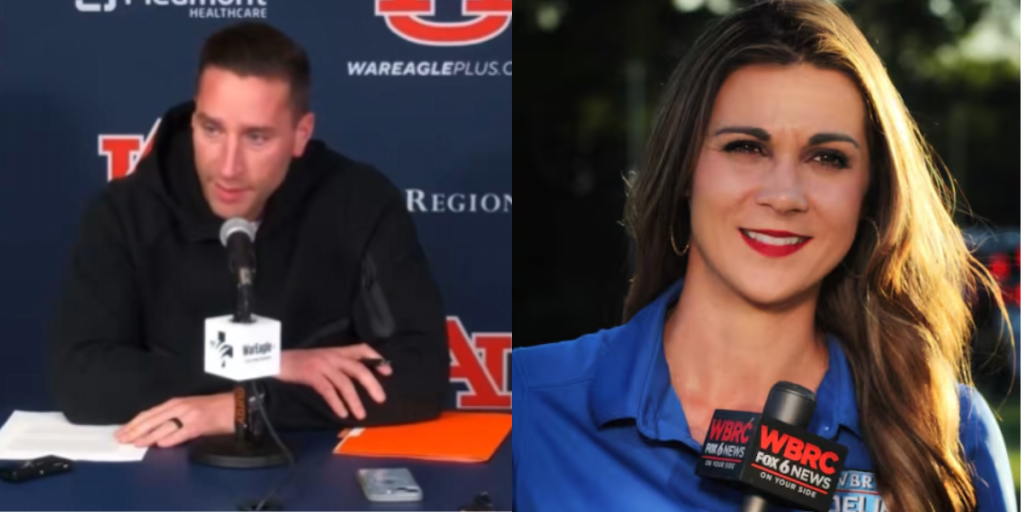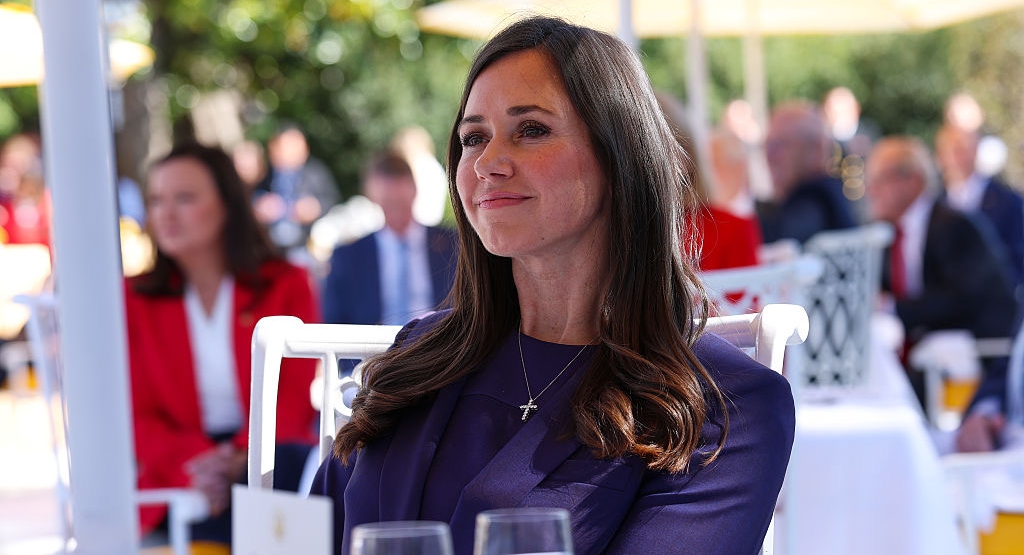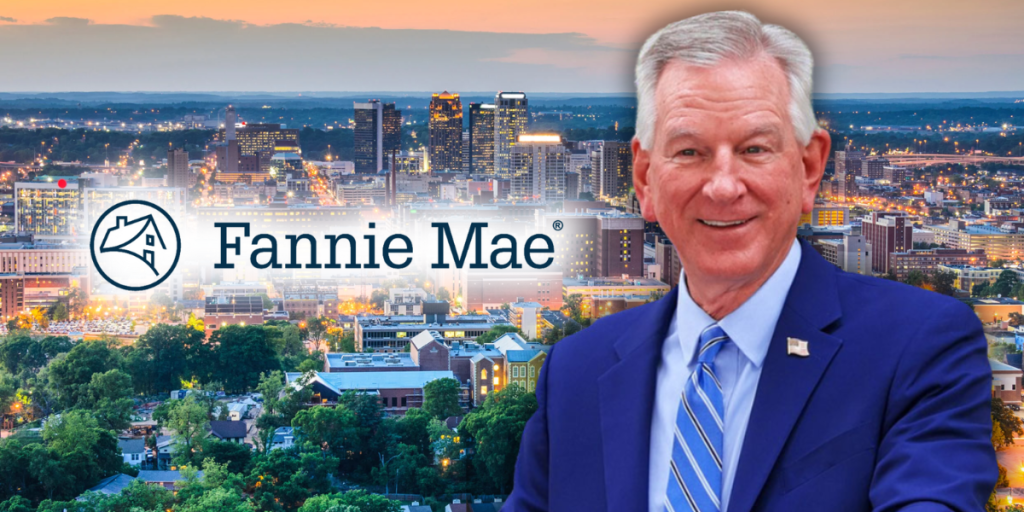Jason Robert Brown is Broadway royalty.
The winner of three Tony Awards, the composer and orchestrator’s shows have included “Parade,” “Honeymoon in Vegas,” “Songs for a New World,” “The Bridges of Madison County,” “Urban Cowboy” and “The Last Five Years.” (The last one was adapted into a feature film starring Anna Kendrick and Jeremy Jordan in 2014).
Brown is also the composer of “13,” which debuted on Broadway in 2008 with a cast and band made up of teenagers (including a not-so-well-known Ariana Grande).
Brown has a relationship with Birmingham’s Red Mountain Theatre Company, which produced “13” in 2010 and is about to open the show again. It runs April 13-22 at the theater.
Brown, who performs this week at the London Palladium, answered 13 questions for us, about “13,” his RMTC connection, his family and his career.
1. Tell us about the genesis of “13.” How did you and the other creators find each other?
Dan Elish brought me one of his novels to see if I wanted to turn it into a musical. I didn’t, but I did have another idea that I thought Dan’s writing would be right for. We started work on “13” in 2003, and that work accelerated in 2006 when the Mark Taper Forum agreed to produce the show based only on a demo recording of five of the songs. Todd Graff directed that first production and helped shape the show, and then when we came to Broadway, Jeremy Sams pushed it into different directions, so we brought Robert Horn on board to rewrite the book because Dan and I were a little burned out after five years. Robert and I then became close friends, and he and I continued revising the show after Broadway, tightening, clarifying and restructuring, so that the current version reflects the production I directed in London in 2013.
2. The idea to use only teenagers in the cast and band – did that come up early on in the process?
That was the very first idea I had: 13 13-year-olds and no adults. And relatively soon thereafter, I realized that the band had to be kids, too. The sound of the show really was built on the idea that it would be kids playing and singing everything.
3. The original production uncovered some pretty major stars, including Ariana Grande. Do you feel like a proud father, of sorts, watching them as their careers develop?
Getting to work with teenagers is exceptionally challenging, but the reward of watching them go on to follow their visions and became glorious full humans is more than enough compensation. Not just Ariana, with whom I’ve continued a very rewarding creative collaboration, but Tinashe (who was in the original LA production), Liz Gillies (starring on “Dynasty”), Daryl Sabara (our original Archie in the workshop), Brynn Williams (currently in “SpongeBob”) – and the band, too, including Charlie Rosen, who was our guitarist in LA and is now a renowned Broadway orchestrator and bassist, and Lexi Bodick, who’s touring with “Waitress.” And just as much, those kids who’ve gone on to do something other than acting and are on such exciting and fulfilling paths.
4. What were you doing when you were 13?
Sulking, mostly, and writing songs about the girls who wouldn’t pay attention to me.
5. Given what’s been going on in the world the past decade, do you think “13” would be a different musical if you created it today?
Oh, sure. I wrestle with the show even now because so much about the way kids communicate is already different than it was 10 years ago; and I think the acceptance of gay and transgender kids is so much broader and stronger than it was when we wrote the show that it feels like a particular absence not to have that addressed in the show.
6. You have a pretty special relationship with Red Mountain Theatre Company. How did that come about?
I knew Keith Cromwell from when he was a dance captain of an Off-Broadway show called “When Pigs Fly,” for which I took over as musical director. Several years after that show, he emailed me kind of out of nowhere to ask me to come do a master class and concert with Red Mountain. I’d never been to Birmingham before then, and had such a great time with the students and the community that I’ve been back repeatedly.
7. RMTC was a producer for “The Bridges of Madison County,” for which you won two Tony Awards, but it didn’t have a long Broadway run. Does that bother you? Or do you even try to analyze why shows are or aren’t successful?
It is better for my mental health if I don’t spend too much time dwelling on it. I write shows that I love, and the shows live on. “Dayenu.”
8. Original musicals vs. musical adaptations: You’ve done both. Any preference?
Both have their exceptional challenges. I like to switch between the adaptations and the originals. It keeps me a little more energized.
9. Tell me about being online. You have got to be one of the most accessible Tony-winning composers out there, largely due to your presence on Facebook. Does it have its pluses and minuses?
I’m doing less and less of it. I like the accessibility but I have started to feel like I’m obliged to keep feeding the monster even when I don’t have anything new to offer.
10. You also are not afraid to speak your mind online, and on several occasions, particularly after some of the shooting tragedies, I know you’ve used the internet to disseminate new work quickly. Has that proven to be cathartic for you?
With “26 Names” and “Song About Your Gun” and “Hope” it just didn’t make sense to write those songs and have them sit around waiting for me to finish a new album – the immediacy of the internet was a very valuable tool to get those songs out into the world, where I think they helped people articulate and connect to an emotion that we collectively felt. It was nice to feel like we were part of a community, even if that community was grieving.
11. You’re also doing a monthly concert, with some top guest performers, at the New York club SubCulture. Are you enjoying them?
They are the highlight of every month. I don’t think I’d be able to live in New York if I didn’t have that particular outlet to look forward to every month. Being able to explore my music with my band and with such an incredible collection of singers and musicians has been an incredible gift.
12. You are married to a composer, Georgia Stitt (her new musical “Snow Child” is running in Washington). Are there two separate workspaces in your home? Do you share your work with each other?
We do have two separate workspaces (and two pianos), but I think we both spend so much time trying to raise our kids that writing feels like the thing that we stick into the cracks when we can. We do try to share our work with each other, but our main collaboration is making this family, and that is by far the most important.
13. When will the new album come out? And what else are you working on that you can talk about?
The new album comes out in June! It’s called “How We React and How We Recover,” and I’m deliriously excited about it. New shows on the horizon, which hopefully I’ll be able to announce soon!







